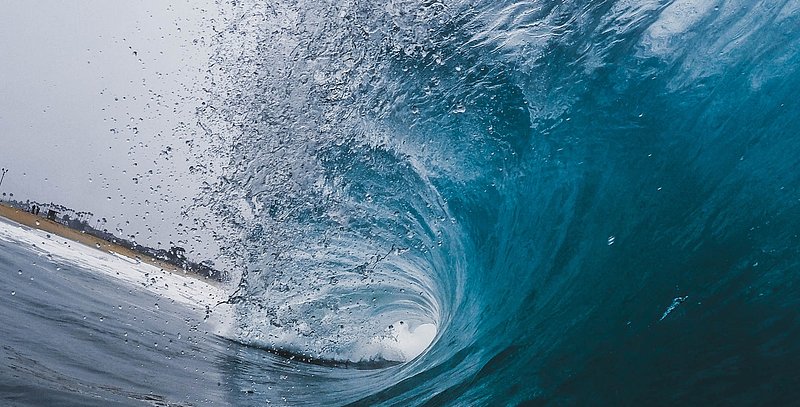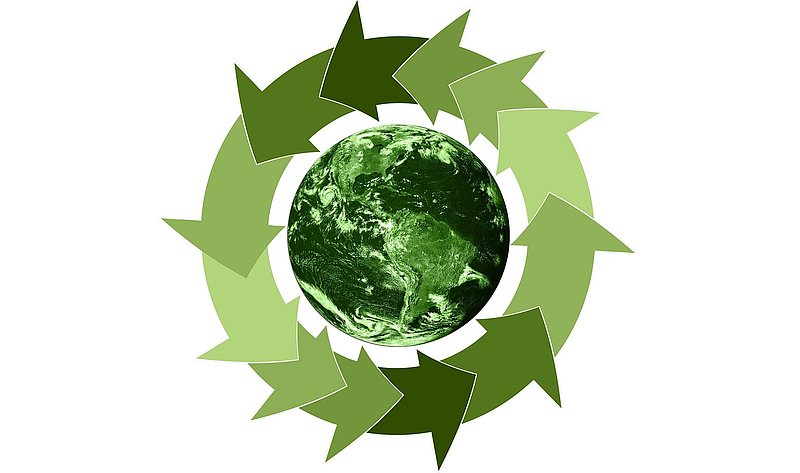Last month, a new report on ocean plastics was released: Breaking the Plastic Wave - A Comprehensive Assessment of Pathways Towards Stopping Ocean Plastic Pollution. This report sets out a viable and sensible way to find a collective solution to plastic pollution. It is not about fighting plastic, but about fighting plastic pollution.
The report is prepared by the Pew Charitable Trusts and SYSTEMIQ, with a panel of 17 global experts, the University of Oxford, University of Leeds, Ellen MacArthur Foundation and Common Seas. It presents a perspective on the findings and explains why all stakeholders have to act globally and collective – now.
“We need to raise our level of ambition and match it with bold and urgent action.”
- Dame Ellen MacArthur
The report presents a new model for quantifying the main plastic flows and stocks in the global plastics system. It also estimates the amount of plastic pollution of the oceans expected between 2016 and 2040 in six possible scenarios and assesses the economic, environmental and social impacts of these scenarios. This analysis is intended to provide a new basis for responding to this global challenge and implementing solutions together, whether government, business, investors, financial institutions, civil society, or consumers – all stakeholders have their role in this challenge.
The analysis contains ten critical key findings, emerging from their analysis. A few findings are displayed in the following:
- Finding 1: “Without action, the annual flow of plastic into the ocean will nearly triple by 2040, to 29 million metric tons per year (range: 23 million-37 million metric tons per year), equivalent to 50 kg of plastic for every metre of coastline worldwide.”
- …
- Finding 5: Going beyond the System Change Scenario to tackle the remaining 5 million metric tons per year (range: 4 million-7 million metric tons per year) of plastic leakage demands significant innovation across the entire plastics value chain.
- …
- Finding 7: Reducing approximately 80 per cent (82 ±13 per cent) of plastic leakage into the ocean will bring to life a new circular plastics economy with major opportunities—and risks—for industry.
- …
- Finding 9: Addressing plastic leakage into the ocean under the System Change Scenario has many co-benefits for climate, health, jobs, working conditions, and the environment, thus contributing to many of the United Nations Sustainable Development Goals.
The analysis also showed that the goal of reducing the input of plastics into the oceans by 80% by 2040 is achievable with existing technologies – if all stakeholders play their role. In addition to the ten critical findings, the report also provides an overview of six possible scenarios. Each scenario requires a different combination.
One scenario, which was already mentioned in the findings, is highlighted:
The System Chance Scenario
The System Change Scenario is described to “achieve about an 80 per cent reduction in annual plastic leakage into the ocean relative to Business-as-Usual, exceeding all other modelled scenarios” – and is therefore the best scenario for our future.
| 1: Reduce | Growth in plastic consumption to avoid nearly one-third of projected plastic waste generation by 2040 |
| 2: Substitute | Plastic with paper and compostable materials, switching one-sixth of projected plastic waste generation by 2040 |
| 3: Design | Products and packaging for recycling to expand the share of economically recyclable plastic from an estimated 22% today to 54% by 2040 |
| 4: Scale up collection | Rates in middle-/low-income countries to at least 90% in urban areas and 50% in rural areas by 2040 |
| 5: Double Mechanical Recycling | Capacity globally to 86 million metric tons per year by 2040 |
| 6: Develop Plastic-To-Plastic conversion | Potentially to a global capacity of up to 13 million metric tons per year |
| 7: Dispose | Securely the 23% of plastic that still cannot be economically recycled |
| 8: Reduce waste exports | Into countries with low collection and high leakage rates by 90% by 2040 |
“Breaking the Plastic Wave shows that we must take a comprehensive circular economy approach. We must prioritise rethinking what is put on the market, whilst also rapidly increasing our ability to keep it in the loop after it has been used. […] System change towards a circular economy offers the best economic, environmental, and climate outcomes” - Ellen MacArthur Foundation.
Of course, we, the MIX-UP Team have also our part in this scenario. With global cooperation, a combination of research and public dissemination, an alliance of universities, research institutes, companies and SMEs and a lot of motivation to close the plastic cycle.
Let’s break the plastic wave together!





